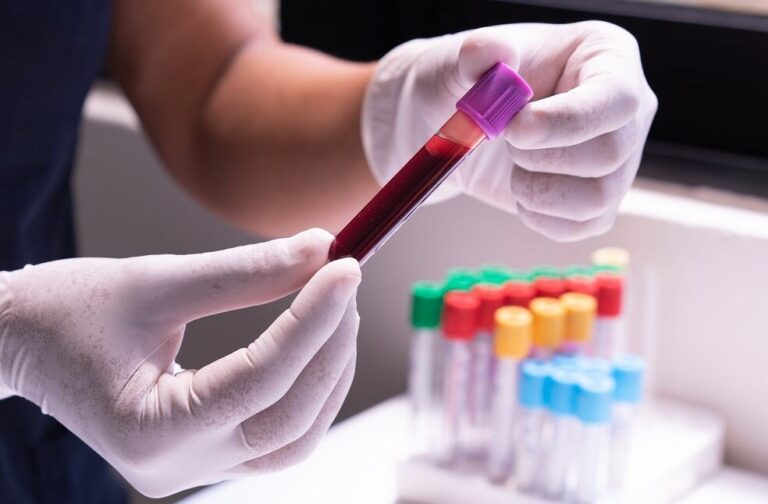United States: Scientists have developed a simple DNA test that can identify 18 early-stage cancers. It could represent a medical game-changer in expert opinion.
Cancer accounts for one in every six deaths worldwide. Early detection can significantly improve outcomes. Existing screening tests have drawbacks, including invasiveness, cost and low levels of accuracy for early-stage disease.
Researchers in US have designed a test that analyses proteins in the blood. It can pick up 18 early-stage cancers from all main organs in the human body.
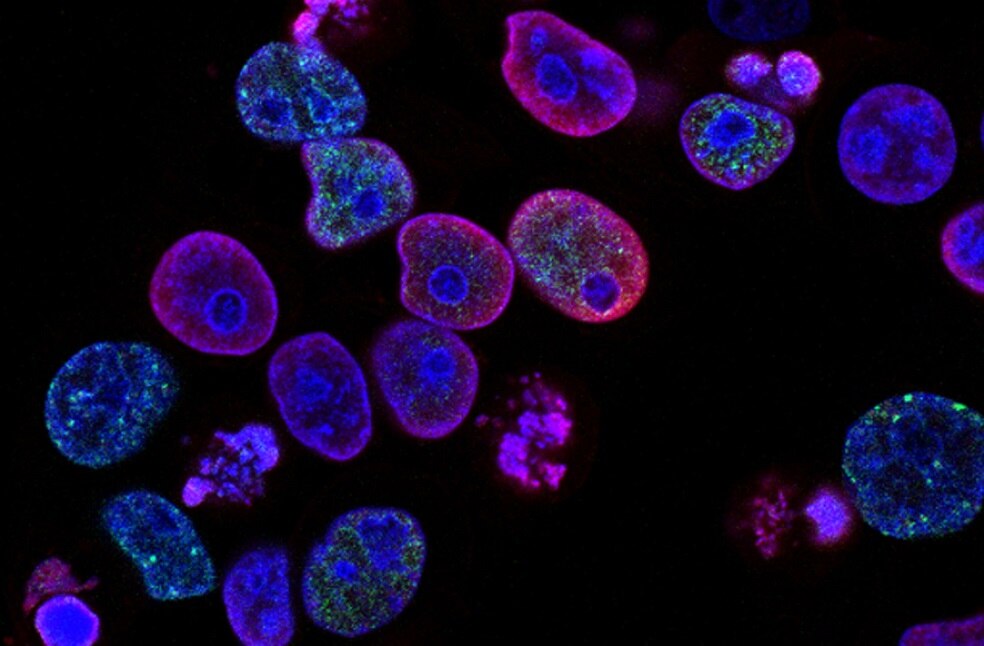
The researchers said that even though specific blood proteins could already be used for early detection and monitoring, no other test until now had the accuracy and sensitivity to pick up cancerous cells and exclude non-cancerous cells distinctively.
The team from US biotech firm, Novelna said that the test conducted by them outperformed others relying on tumour DNA in the blood. It had a sensitivity much greater than the Galleri test on trial in the UK NHS.
The experts were able to differentiate cancer samples from normal ones by looking at proteins in blood plasma. The check even helped to distinguish between different types of cancers with high accuracy. The research also found evidence that cancer protein signals were likely to be sex-specific.
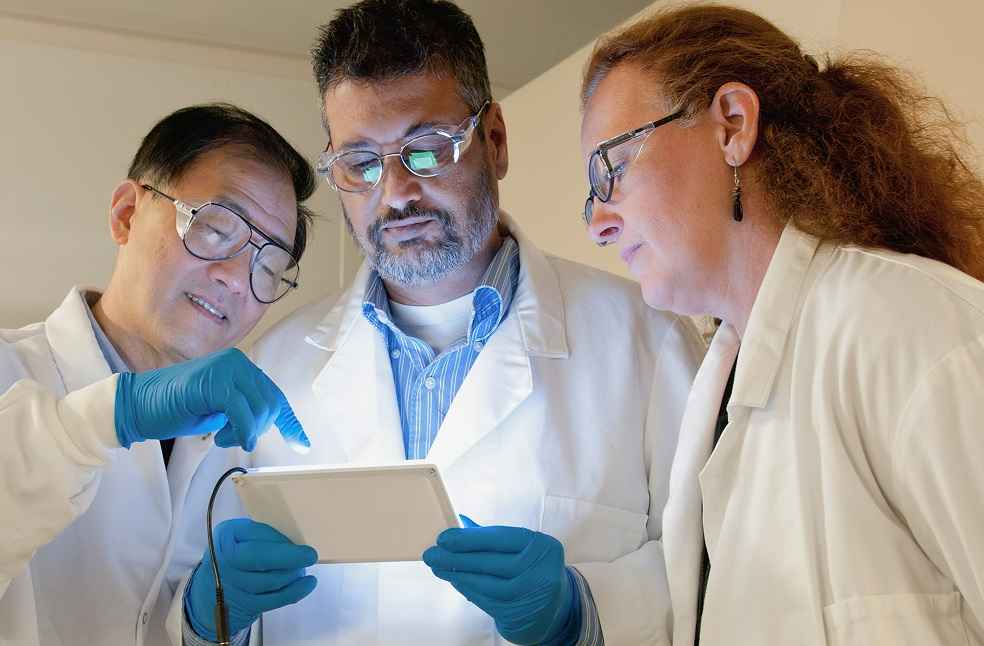
A journal article, written by the team shares an opinion that the new finding will lay the foundation for a multi-cancer screening test. It will aid in the early detection of 18 solid tumours that cover all major human organs. The test will help identify the origin of such cancers at the earliest stage of their development with high accuracy.
They added that this finding could reshape screening guidelines by making this plasma test a standard part of routine check-ups. The findings will also pave the way for a cost-effective, highly accurate, multi-cancer screening test that could be implemented on a large-scale population.
Blood plasma samples were collected from 440 people diagnosed with 18 different types of cancer and from 44 healthy blood donors. The team then identified proteins that showed early-stage cancers and the location of their origin in the body with high accuracy.
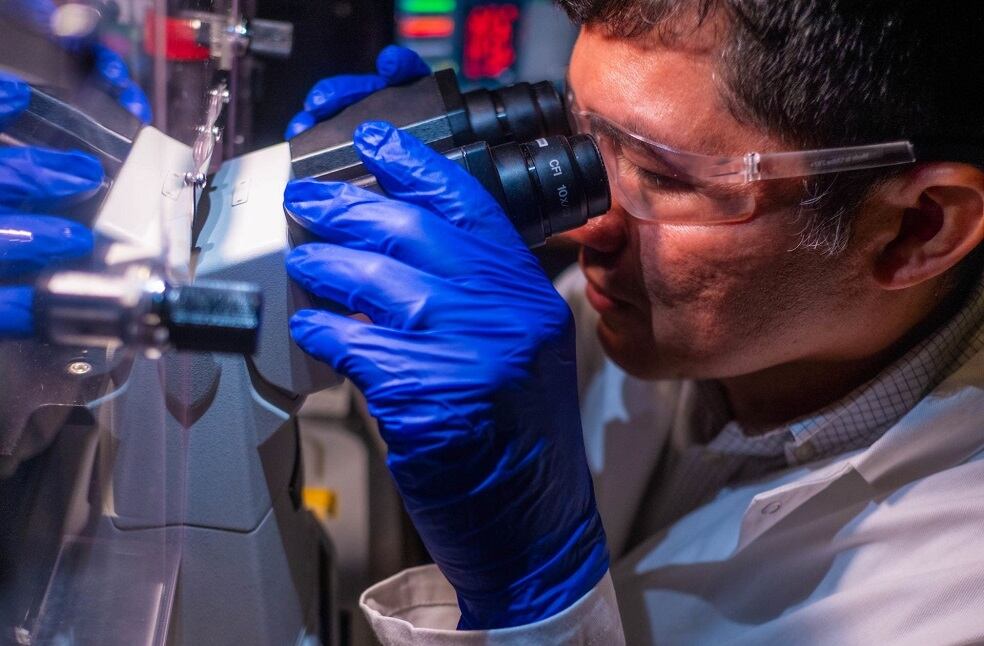
The team wrote that the panels were able to identify 93 percentage of cancers among males and 84 percentage of cancers among females At stage I (the earliest cancer stage) with a specificity of 99 percentage.
The sex-specific localization panels in the tests consisted of 150 proteins. It could identify the tissue of origin of most cancers in more than 80 percentage of cases. The team said that analysis of the plasma protein also showed the presence of almost all of them at very low levels. It shows the importance of low-level proteins to pick up pre-cancerous and early-stage disease before a tumour has had time to cause substantial damage.
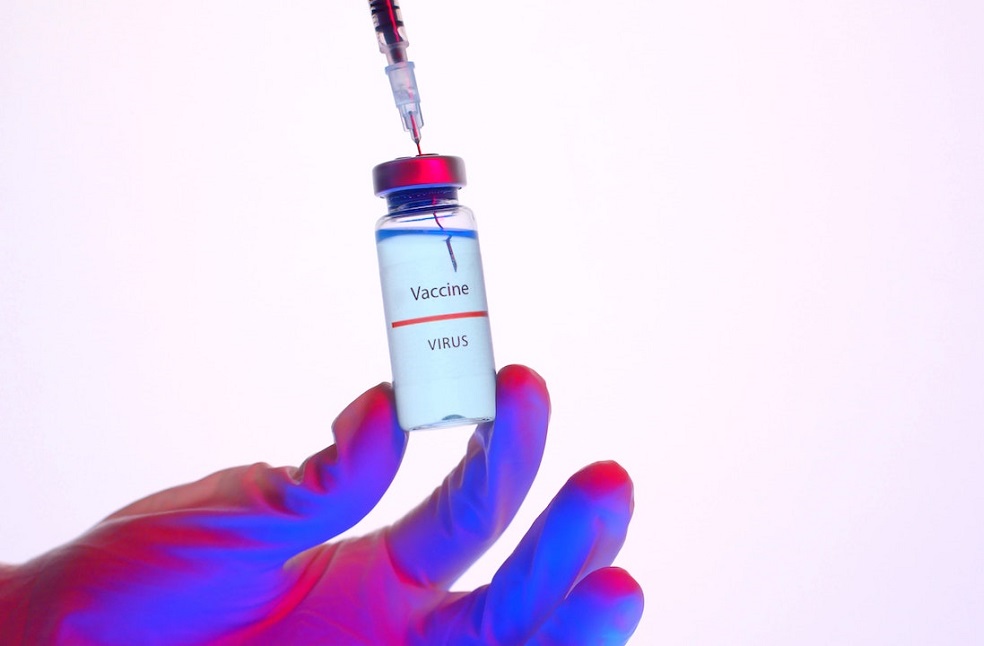
However, researchers also specified that further studies were required in larger groups as the current study had a relatively small sample size.
The study received mixed responses from the scientists who were not involved. Some of them have welcomed the results of the study. Some others have not welcomed the results despite acknowledging the good factors of the study. They had also put up their suggestions on the way forward.


